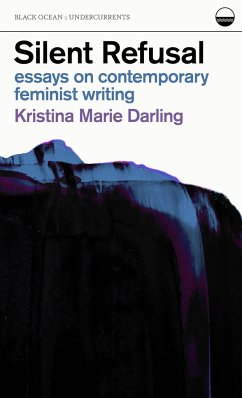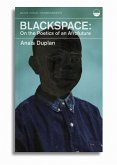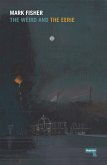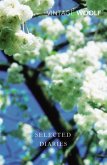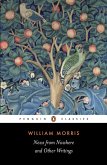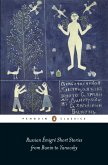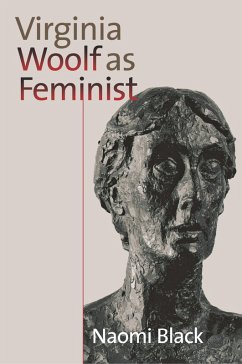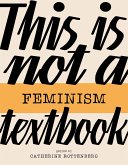What motivates writers to create purposefully difficult texts? In what ways is textual difficulty politically charged? In this collection of smart and accessible essays, Kristina Marie Darling seeks to answer these questions by delving deeply into the idea of difficulty in contemporary women's poetry. Through close engagement with recent poetry and hybrid work from women, non-binary writers, and writers of color, Darling argues that textual difficulty constitutes a provocative reversal of power, in which writers from historically marginalized groups within society can decide who is allowed into the imaginative terrain they have created. In constructing this argument, she shows the full range and artistic possibilities inherent in contemporary texts that foreground textual difficulty as an aesthetic gesture. This is powerful reading that will change how you think about contemporary poetry and its subversive possibilities.
Hinweis: Dieser Artikel kann nur an eine deutsche Lieferadresse ausgeliefert werden.
Hinweis: Dieser Artikel kann nur an eine deutsche Lieferadresse ausgeliefert werden.

